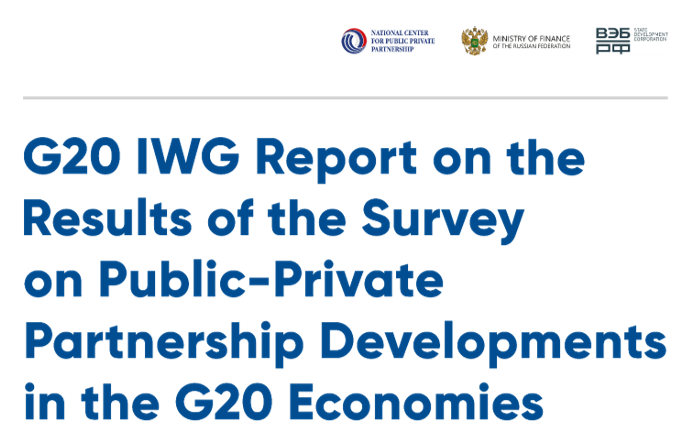1740 results found
Featured results



More results
RAND researchers used a six-step scenario development process to develop two thought-provoking scenarios that address the future of mobility in the US in 2030. Three driving forces caused one path to emerge over another: (1) the price of oil, (2) the development of environmental regulation, and (3) the amount of highway revenues and expenditures.
The Navigator – a web-based platform – helps project teams, public authorities and financiers to find the right sustainable infrastructure tool from amongst 50+ rating systems, high-level principles and guidelines.

What might one expect for the future of mobility in China in 2030? Mobility is defined as the ability to travel from one location to another, regardless of mode or purpose. RAND researchers used a six-step scenario development process to develop two thought-provoking scenarios that address this question.

Focused on the electricity system, BloombergNEF s (BNEF s) New Energy Outlook (NEO) combines the expertise of over 65 market and technology specialists in 12 countries to provide a unique view of how the market will evolve. Each year BNEF makes a number of changes to NEO as they strive to improve the completeness and complexity of their analysis. Click on the link to BNEF s website to see the 10 key findings.


The Australian Infrastructure 2019 Audit covers transport, energy, water, telecommunications and for the first time social infrastructure, and looks at the major challenges and opportunities facing Australia s infrastructure over the next 15 years and beyond. They have presented their findings in terms that matter to users, by focusing on outcomes for them. The hope is that this enhanced focus on users, and the role infrastructure can play in improving their quality of life, helps to drive better decisions that are rooted in the long-term interests of Australians.

The objective of the report and the accompanying index is not simply to rank countries, but to use score movements as a benchmark from which to investigate trends, identify successful PPP performers, and focus on the approaches that can facilitate a better understanding of common challenges and best-practice standards.



The G20 Infrastructure Working Group (IWG) Survey on PPP Development underlying this Report provides reference on the frameworks for infrastructure financing through Public-Private Partnership in G20 economies


In just a few years, ESG, also known as sustainable or responsible investing, has moved from a slightly idealistic nicheto front-page, a mainstream dimension for investors, one that strongly influences the performance and resilience of their investment over time. This is particularly the case in infrastructure, in view of its wide reaching and long-term consequences for the community.

This publication outlines the rationale, the characteristics, and a plan for the implementation, monitoring and evaluation of the African Development Bank's guidelines for the aviation sector.

This publication outlines options for the financing and implementation of a systematic infrastructure action plan for the Seychelles.

The report illustartes the challenges and gaps in infrastructure provision in Africa and the benefits from improved urban and rural infrastructure. It also discusses funding and financing and the role of the AfDB in infrastructure.

This report presents the findings of the analysis of unit costs and cost overruns of road infrastructure projects in Africa.

This brief illustrates the rationale, methodology and results of the African Infrastructure Development Index.

This paper examines climate-change impacts on hydropower generation using an econometric model of the determinants of hydroelectric generetion.

The paper discusses the importance of ICT for growth and governance in the context of North Africa's development.

The checklist aims at providing a framework to ensure the mainstreaming of gender in the infrastructure sector throughout the project cycle.

The checklist aims at providing a framework to ensure the mainstreaming of gender in the education sector throughout the project cycle.

The checklist aims at providing a framework to ensure the mainstreaming of gender in the health sector throughout the project cycle.

The checklist aims at providing a framework to ensure the mainstreaming of gender in the water sector throughout the project cycle.





